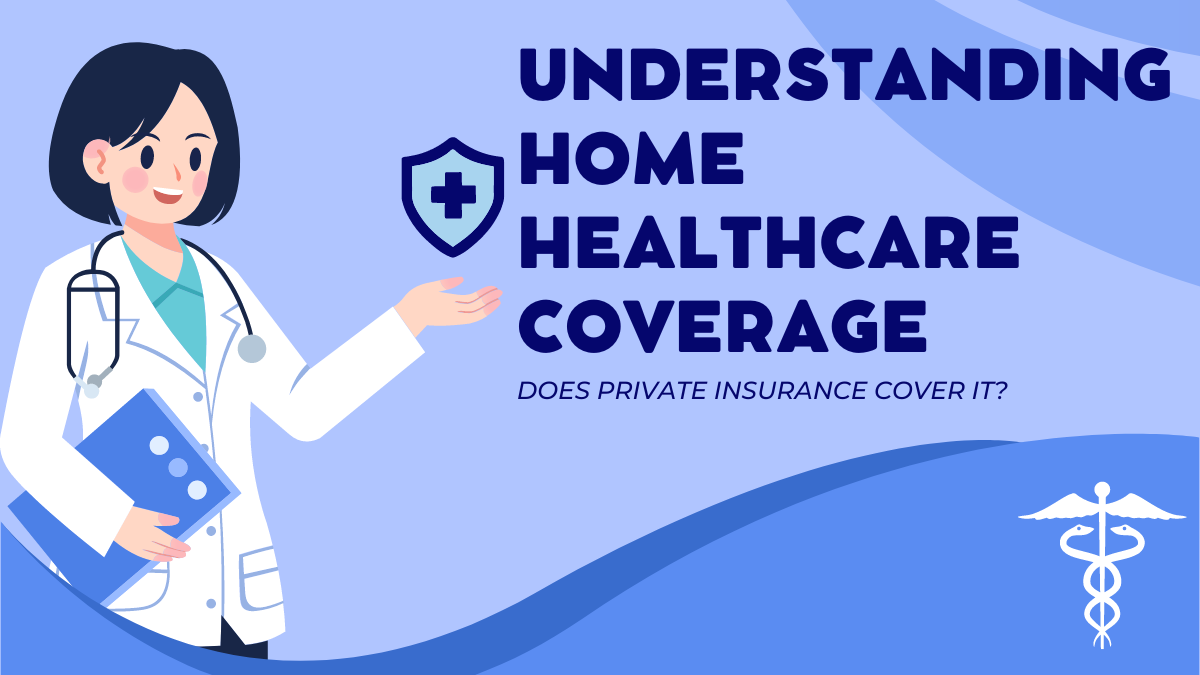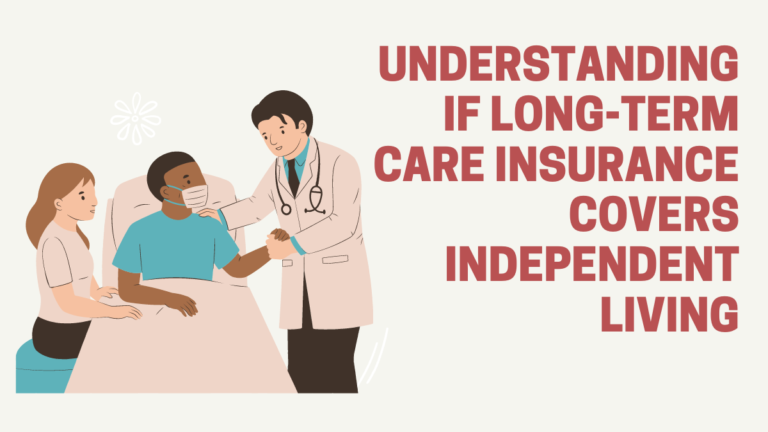Understanding Home Healthcare Coverage: Does Private Insurance Cover It?

Welcome to our blog, where we unravel the complexities of home healthcare coverage! Today, we dive into a topic that affects countless individuals and families – home healthcare. Have you ever wondered if your private insurance plan covers those essential services that provide comfort and care within the familiar walls of your own home? Well, you’re in luck! We have gathered all the juicy details to help demystify this intriguing question. So grab a seat, relax, and let’s explore whether or not private insurance has got you covered when it comes to home healthcare – because there’s no place like home for healing!
Table of Contents
What is Home Healthcare Coverage?

Home healthcare is a broad term that covers a wide range of health services that can be provided in the home. Home healthcare can include skilled nursing care, physical therapy, occupational therapy, speech therapy, and/or medical social work. Home healthcare services can be provided by a variety of providers, including registered nurses, licensed practical nurses, home health aides, and therapists.
The number of people receiving healthcare has been growing rapidly in recent years. This is due in part to the aging Baby Boomer population and the increasing prevalence of chronic conditions such as obesity and diabetes. The growth of home healthcare is also being driven by advances in technology that enable more care to be delivered in the home setting.
If you are considering using healthcare services, it is important to understand what types of services are covered by your insurance plan. Medicare and most private insurance plans will cover some healthcare services, but there may be limits on the type and amount of coverage. It is also important to find out if the provider you are considering is a participating provider in your insurance plan.
Types of Home Healthcare Services
There are many types of healthcare services that can be covered by private insurance. Some of the most common services include:
- Personal care services, such as bathing, dressing, and grooming
- Companion care services, such as cooking, cleaning, and running errands
- Nursing care services, such as wound care, IV therapy, and medication management
- Therapy services, such as physical therapy, occupational therapy, and speech therapy
- Home health aides
Does Private Insurance Cover Home Healthcare?
If you’re wondering whether your private insurance will cover home healthcare, the answer is maybe. It depends on your individual insurance policy. Some policies cover healthcare services, while others don’t. Check with your insurance provider to find out what’s covered under your plan.
If your insurance does cover home healthcare, there may be some restrictions. For example, you may only be covered for certain types of care or for a limited number of visits. Be sure to check with your insurer to understand any limitations on coverage.
Even if your private insurance doesn’t cover home healthcare, there are other options. Many state and local governments offer programs that can help cover the cost of care. You can also look into long-term care insurance policies, which can provide coverage healthcare services.
Factors that Impact Coverage
There are a few factors that can impact whether or not home healthcare is covered by private insurance.
- The first factor is the type of policy you have. Some policies may have exclusions for home healthcare, so it’s important to check the details of your policy.
- The second factor is whether or not home healthcare is considered medically necessary. If it’s not considered medically necessary, then it’s unlikely that insurance will cover it.
- The third factor is the insurance company itself. Some companies are more likely to cover home healthcare than others. It’s important to shop around and compare different companies before making a decision.
- The fourth and final factor is you! Your personal health situation will impact whether or not home healthcare is covered by your insurance. If you have a chronic illness or condition, you’re more likely to be covered than someone who doesn’t have any health problems.
Tips for Finding the Right Home Health Care Provider
There are a few things to keep in mind when you’re looking for a home health care provider.
- First, make sure the provider is licensed and insured. You can check with your state’s licensing board to verify that the provider is licensed in your state.
- Second, ask for referrals from friends, family, or your doctor. You can also read online reviews to get an idea of what others have experienced with the provider. Make sure you understand the provider’s policies and procedures before you make a decision.
- Third, make sure you find a provider who is comfortable working with you and your loved one. You should also get an idea of how many years they’ve been providing home health care services to ensure they are experienced in the field.
- Finally, ask questions about their rates and payment options. Make sure the services and fees meet your budget before making a commitment.
Alternatives for those who don’t Have Private Insurance
There are a few different alternatives for those who do not have private insurance. One option is to sign up for Medicaid. Medicaid is a joint federal and state program that helps with medical costs for some people with limited income and resources. Another option is to use a state-sponsored health insurance program.
These programs vary from state to state, but they typically provide coverage for low-income residents who do not qualify for Medicaid. Some states have special programs that help cover the cost of home healthcare for seniors and people with disabilities.
Finally, there are community health centers and clinics that serve uninsured or underinsured individuals. These centers usually provide primary healthcare services such as immunizations, check-ups, and treatments for minor illnesses and injuries at no cost. In some areas, there may be specialized healthcare services available for those who cannot afford private insurance, such as dental care or mental health treatment.

Conclusion
Home healthcare coverage is an important part of managing your private insurance and ensuring that you have the right kind of coverage for your needs. It can provide valuable support for those who need help with tasks like bathing, dressing, eating, or general mobility. By understanding what home healthcare covers under certain plans and how to check if yours may cover it, you can be sure that you are taking steps in the right direction when it comes to health care coverage.






